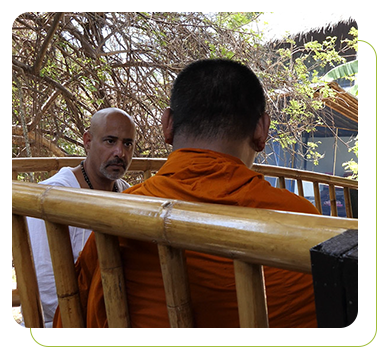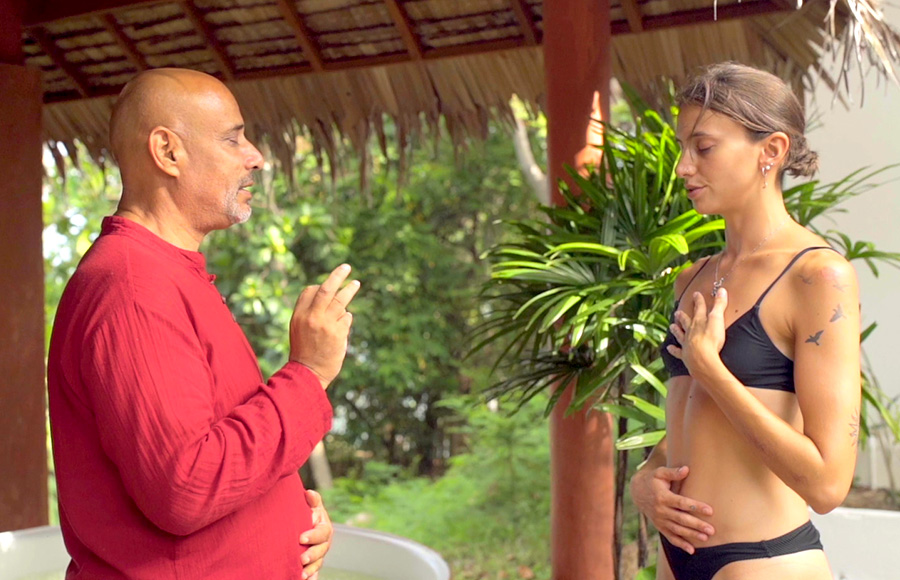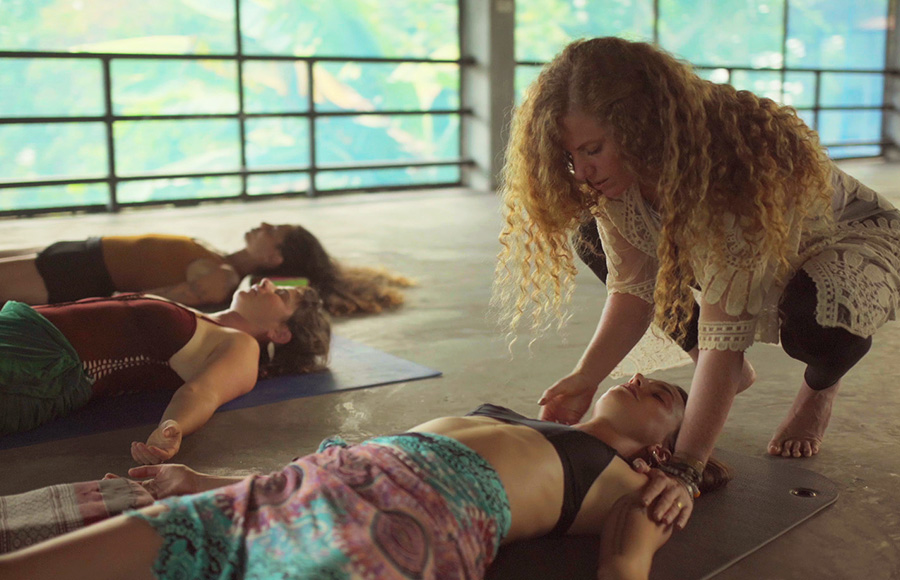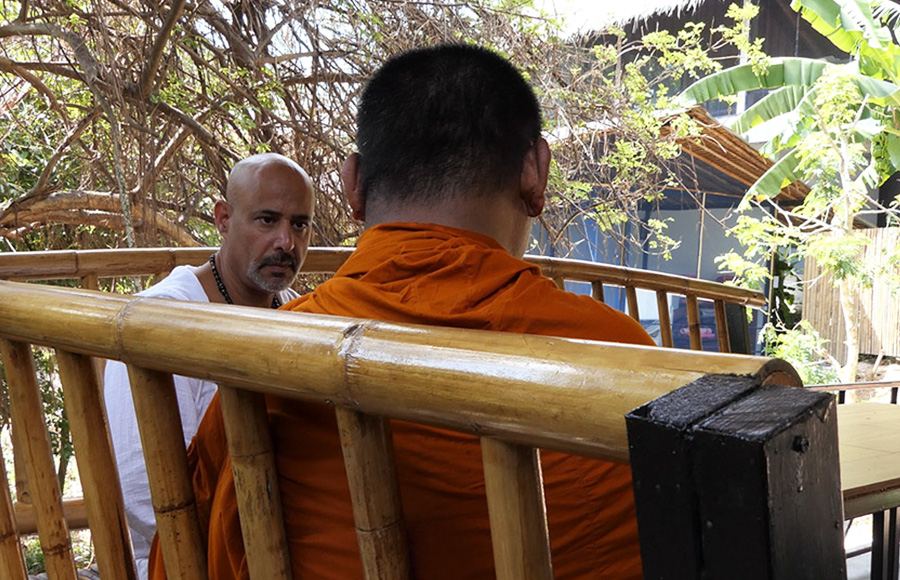Ketamine for Pain vs. Ketamine for Escape: The Line Between Use & Abuse
05 min read

Introduction: When Relief Turns Into Reliance
Ketamine’s Dual Identity: Anesthetic and Psychedelic
Ketamine exists in two worlds. In hospitals, it’s a powerful anesthetic and painkiller. In nightclubs and unregulated clinics, it’s a dissociative escape hatch. This duality makes ketamine uniquely dangerous when misused.
Medical Marvel or Misused Medicine?
The same drug that provides breakthroughs in depression treatment can also be used for numbing trauma, avoiding emotions, or chasing euphoria. The difference lies in intention, setting, and supervision.

Legitimate Medical Use of Ketamine
Pain Management in Hospitals and Chronic Pain Clinics
Doctors may use ketamine in:
Surgical anesthesia (especially for children or patients with allergies to opioids)
Infusions for chronic pain, like fibromyalgia or complex regional pain syndrome (CRPS)
In these settings, dose, frequency, and patient response are monitored by trained clinicians.
Esketamine (Spravato) for Treatment-Resistant Depression
FDA-approved in 2019, Spravato is a nasal spray version of ketamine
It’s used in cases of treatment-resistant depression with suicidal ideation
Administered in clinics under supervision—never at home
Emerging Research in PTSD and Suicidal Ideation
Some studies show low-dose ketamine can help patients process trauma, reduce suicidal thoughts, and improve emotional resilience. However, all these studies involve strict protocols and psychiatric oversight.
Recognizing Ketamine Misuse
Using Ketamine Without a Prescription or Clinical Supervision
If you’re obtaining ketamine through:
Online pharmacies
Party scenes
Friends or dealers
…it’s considered unauthorized use, even if your intention is therapeutic.
Red Flags: Dosing Alone, Frequent Use, Avoidance Behavior
Watch for signs like:
Increasing dose without guidance
Using to avoid emotional pain
Using at home or unsupervised
Rationalizing use despite negative impacts
Psychological Cravings vs. Physical Pain Relief
Pain relief is measurable—emotional escape is more subtle. If your use is more about numbing feelings than treating physical pain, you may be crossing into misuse.

FDA and Global Warnings About Ketamine Abuse
FDA Warnings on Compounded Nasal Spray and Telemedicine Loopholes
The FDA has issued warnings about unregulated ketamine being:
Sold through telehealth platforms without oversight
Compounded into nasal sprays not approved for at-home use
Linked to misuse and overdose
How Regulation Differs by Country
In Thailand, ketamine is classified as a Class 2 narcotic—strictly regulated
In the UK, it’s a Class B drug under the Misuse of Drugs Act
Many countries are tightening access as misuse increases
How to Know If You’ve Crossed the Line
Self-Assessment: Am I Using for Healing or Hiding?
Ask yourself:
Am I avoiding emotional discomfort?
Am I honest with my doctor about my use?
Do I feel guilty or ashamed after using?
From Chronic Pain to Emotional Numbing
Sometimes what begins as a physical pain solution morphs into an emotional crutch. This often happens gradually and without awareness.
Emotional Dependency Without Physical Symptoms
Unlike opioids or alcohol, ketamine may not cause severe physical withdrawal. But psychological dependency can be just as crippling:
Anxiety when not using
Obsession with the next dose
Loss of meaning or purpose outside of the drug experience

The Role of Trauma and Depression in Ketamine Misuse
Self-Medication Patterns
Trauma survivors often reach for substances to:
Disconnect from memories
Silence inner voices
Temporarily “feel nothing”
Ketamine is highly effective at doing all three—which is why it’s so misused.
The Trap of Temporary Relief
Ketamine offers short-term relief, but the effects wear off quickly—leading to a cycle of:
Brief calm
Emotional crash
Craving more
This pattern reinforces dependence without true healing.
Holina’s Approach to Treating Ketamine Misuse
Supporting Both Chronic Pain and Emotional Healing
Holina offers:
Clinical support for clients with legitimate medical needs
Emotional and psychological therapy for trauma, depression, and dissociation
Holistic alternatives for pain and anxiety relief
Integrative Treatments for Mind and Body
Our programs blend:
Trauma therapy (EMDR, CBT, DBT)
Somatic practices (TRE, bodywork)
Mindfulness and creative therapies
Setting Boundaries Around Medical Use
We work with each client to:
Review their medical history
Consult with outside physicians if needed
Establish clear, healthy guidelines for any future medication use
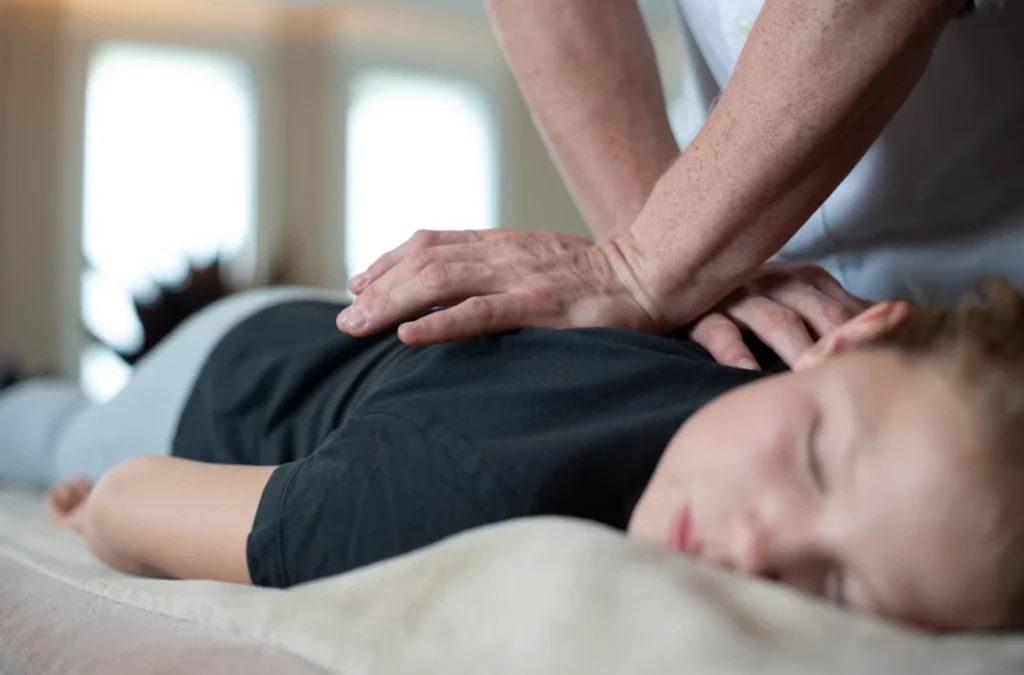
Alternatives to Chronic Ketamine Use
Physical Therapies and Somatic Work
Acupuncture
Thai massage
TRE (Trauma Release Exercises)
These practices reduce chronic tension and restore body awareness.
Non-Drug-Based Pain and Mood Management
Cold exposure and contrast therapy
Movement practices like yoga or qigong
Guided breathwork and vagus nerve activation
Breathwork, Yoga, Trauma Release Techniques
By processing stored trauma, these methods help clients:
Sleep better
Feel grounded
Reduce panic or depressive symptoms without relying on substances
Frequently Asked Questions (FAQs)
Is it safe to use ketamine for chronic pain?
Yes—when prescribed and monitored by a medical professional. Misuse often occurs outside of this framework.
Can I become addicted if I’m using it medically?
Yes. Even under medical use, some people develop emotional dependence or misuse patterns, especially if trauma is unaddressed.
What’s the difference between esketamine and street ketamine?
Esketamine is a purified form approved by the FDA
Street ketamine is unregulated and often mixed with other substances
How can I tell if I’m abusing ketamine emotionally?
If you use it to avoid feelings, disconnect, or self-soothe without medical guidance, it may be misuse—even without high frequency.
Does Holina allow clients who used ketamine medically?
Yes. We support both medical users and recreational users who feel they’ve lost control or developed reliance.
Are there safer alternatives to long-term ketamine use?
Absolutely. At Holina, we provide natural and integrative strategies for pain, depression, anxiety, and trauma recovery.
Conclusion: Use, Misuse, and the Power of Awareness
It’s Not About Blame—It’s About Balance
Whether you started with chronic pain or emotional hurt, awareness is the first step. Ketamine misuse isn’t a moral failure—it’s a coping mechanism. But healing requires choosing a new path.
Holina Helps You Reset the Relationship with Ketamine
At Holina Rehab, we offer the tools, care, and community you need to:
Reclaim control
Process underlying wounds
Build a life you don’t need to escape from
📞 Admissions Support: +66 (0) 626 418 369
🌐 Learn more at: holinarehab.com
About Me
Ian Young
Ian Young is the Global Manager at Holina Care Centres in Koh Phangan, Thailand. Ian oversees the rehabilitation programs that blend the 12 Step model, Psychology, Counselling, Coaching, Somatic and many other therapeutic engagements, alongside various evidence-based therapies with holistic healing practices. Holina Rehab treats addictions, trauma, anxiety, depression, and other emotional challenges, offering comprehensive care in a serene resort environment. Ian, a charismatic speaker and author of “It’s Not About Me” leveraging his own recovery journey from addiction to inspire and guide others toward a fulfilling, addiction-free life.

















